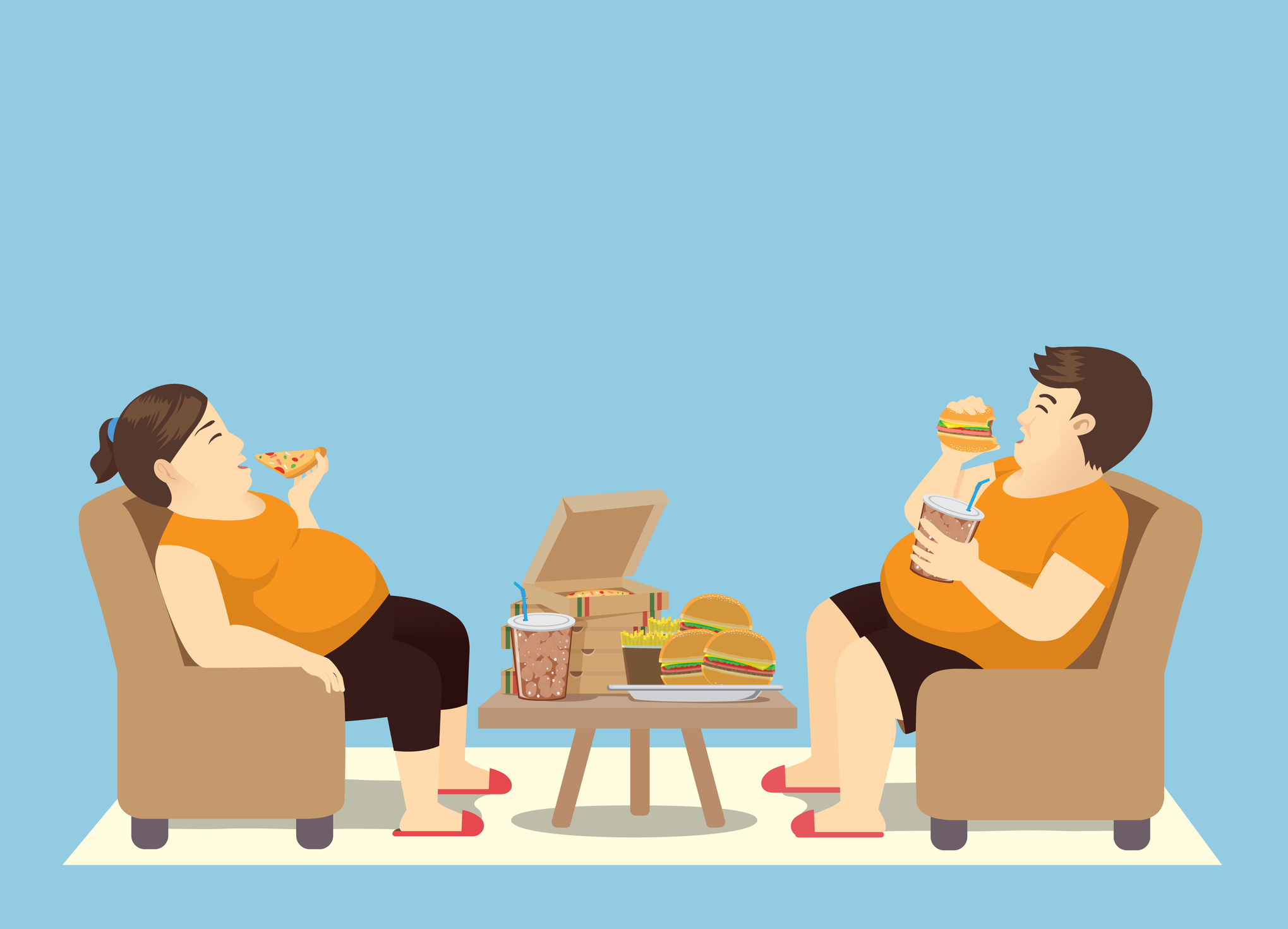Humanity's Primordial Brain
"We now have great clarity that obesity is a chronic and complex, progressive, primarily genetically conferred, centred-in-the-brain, environmentally-influenced, real medical condition."
"If you take people who are the same weight and they have the same metabolic rate and you put everyone on [a] diet, people will lose weight unequally, based on their genetics."
"[While some people gain fat from consuming excess calories], other people, their body responds by burning more, by increasing their metabolic rate and taking anything extra and putting it into muscle."
"Not only is obesity real, but treatments exist. That should be the messaging to someone with obesity."
Dr.David Macklin, medical director, high-risk pregnancy weight management program, Mount Sinai Hospital, Toronto
"In this part of the world, for most people, we don't have famine anymore, we have only a feast."
"If calories in are higher than calories out, weight will go up."
Dr.Sue Pedersen, C-ENDO Diabetes and Endocrinology Clinic, Calgary
 |
Humans have inherited many genes that evolved over timeless millions of years that instruct our brain in a feast-and-famine protocol for survival. The brain instructs and we turn our autonomic mind to collecting and storing as many calories as can be found in the form of fat from any foods available. When humans were faced with the inevitable cycles of seasonal-related food scarcity that ;ed to storing fat to avoid starvation until food could once again be accessed in plentiful amounts, the cycle of storing fat would begin anew seasonally to enable overcoming those times of food scarcity.
That very basic of all survival mechanisms, to gain weight in excess of need in preparation for an inevitable future of temporarily dim food prospects is an ancient survival inheritance that continues to inform humanity's basic survival instincts. It is a mechanism that is more robust in some people than in others, largely attributable to genetic inheritance. What was once an indispensable mechanism for survival has now become a survival liability.
For those in a population who happen to be more "genetically vulnerable" to reactively obeying the brain's instructions to eat to excess, the outcome is obesity, leading to the onset of health-destroying, longevity-shortening diseases. The brain responds to the hunger hormone ghrelin so that in those with a genetic predisposition to obesity, the intestines have a tendency to release smaller proportions of the hormones linked to satiety.
 |
| MRI scans used to examine the brains of people living with obesity |
That fundamental drive to consume food, known by psychologists as "wanting" is a driving force that defies our ability to control. Whether one is unable to control that fundamental urge to eat lodged deep in our psyches, or whether one can manage to control it, is heritable. Trillions of bacteria colonize our intestines following birth and evolve as we mature, reflecting what we eat and where we happen to live and what we are exposed to. The production of vitamins, our digestion and our immune system are impacted by these gut bacteria.
Evidence exists that those living with obesity have gut flora that differs from those who are not obese. It may just be that microbiota, along with our genes, reduce the expression of gut satiety hormones that 'tell' us we have consumed sufficient food and require no more; signals that people who become obese miss because of their specific microbiota as well as their genetic inheritance. Leaving scientists to continue exploring how gut bacteria interact with our brain and our intestines.
Researchers are also aware that some antidepressants and anti-psychotics of a later generation -- prescribed in great numbers in Canada -- may somehow have a hand in rapid and dramatic weight gain seen throughout North America. Montreal researchers concluded that following 24 months of treatment, mean weight of children for whom antipsychotics were prescribed for ADHD and other problems linked to behaviour, increased by 12.8 kg.
 |
Human Obesity Linked to Genetic Variants in Receptor Coactivator |
Antipsychotics are known to be able to trigger "hedonic hyperphagia"; the drugs leading to excess food intake for pleasure's sake alone, not in response to hunger pangs. People taking any of the dozen most commonly prescribed antidepressants were found to have an increased risk of weight gain that persisted for up to five years of follow-up, according to a study published in the British Medical Journal, last year. Depression itself is capable of causing weight gain; people may consume more food in an effort to improve mood.
Artificial sweeteners and other chemicals found in food may react as well with taste receptors or gut bacteria, to stimulate additional food intake, hypothesizes Dr. Pedersen. Then again, studies of recent vintage point to the theory that the sheer textural and sensory properties of ultra-processed foods entice us to eat more of them, more quickly. Which could also be attributable simply to the amount of fat, sugar and salt they contain, pleasing to our palates and triggering that ancient call to consume unreservedly.
Labels: Exercise, Food Intake, Genetics, Health, Metabolism, Research

0 Comments:
Post a Comment
<< Home